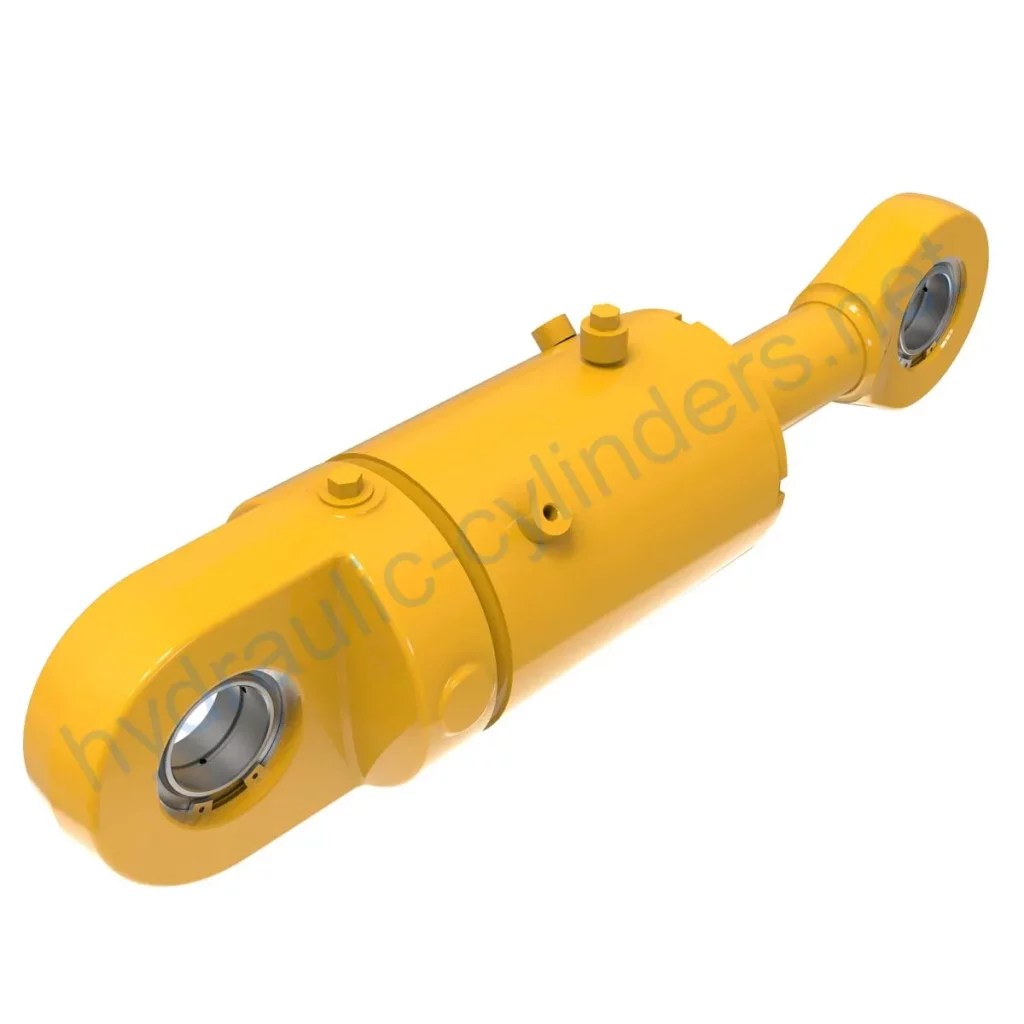Introduction
The Replacement Of AHC17123 Tilt Hydraulic Cylinder is an essential component in the operation of heavy machinery such as the 850J and 850K models. This hydraulic cylinder helps to ensure that the machine can tilt and operate smoothly. The cylinder weighs 155 lb, has a height of 8 in, a width of 9 in, and a length of 33.8 in. In this article, we will explore the features, applications, maintenance, and design considerations of this hydraulic cylinder.
Specifications and Models
The Replacement Of AHC17123 Tilt Hydraulic Cylinder is designed to fit the 850J, 850J-II, and 850K models. It has a weight of 155 lb, a height of 8 in, a width of 9 in, and a length of 33.8 in. These specifications ensure that the hydraulic cylinder is compatible with the machinery it is intended for.
Features
Improved Equipment Performance
By replacing damaged or worn hydraulic cylinders, the equipment can be restored to normal operating capability, ensuring its performance in various applications.
Enhanced Safety
Regularly replacing hydraulic cylinders can reduce the safety hazards caused by cylinder failures, ensuring the safety of operators and machinery.
Overload Protection
New cylinder designs typically consider better overload protection mechanisms, enhancing safety.
Quick Installation
Modern hydraulic cylinder designs are typically easy to install and replace, reducing downtime.
Standardized Parts
Many hydraulic cylinders are standardized products, making it easy to obtain replacement parts in the market.
Applications
The Replacement Of AHC17123 Tilt Hydraulic Cylinder can be used in various heavy machinery, such as:
Excavators
The hydraulic cylinder may become damaged due to long-term use or overload in the arm or bucket of the excavator, requiring replacement to restore normal operation.
Cranes
The hydraulic cylinder on the crane’s boom is susceptible to wear during frequent lifting and lowering, requiring regular replacement to ensure safety.
Tractors
The hydraulic cylinder on the front loader of the tractor may leak or experience performance degradation during continuous lifting and tilting operations, requiring replacement.
Harvesters
During harvesting, the hydraulic system undergoes high pressure, and cylinders may become damaged due to fatigue, requiring timely replacement to maintain work efficiency.
Automated Production Lines
Hydraulic cylinders are used to control robotic arms and other automated equipment. If a cylinder fails, it can affect production efficiency, requiring immediate replacement.
Die Casting Machines
Under high pressure and high-temperature conditions, hydraulic cylinders may experience performance degradation. Regular replacement can ensure product quality.
Mining Equipment
Hydraulic cylinders are used to lift and move heavy objects in mining equipment. Due to the harsh working environment, regular inspections and replacement are necessary to avoid equipment failures.
Bulldozers
The wear of the hydraulic cylinder on the bulldozer’s push arm can cause a decrease in push capacity, requiring timely replacement to maintain operational efficiency.
Maintenance
The following are three common maintenance tasks for hydraulic cylinders:
Regular Inspection
Inspecting the hydraulic cylinder regularly can help detect issues before they become severe and avoid equipment failures.
Lubrication
Proper lubrication can help reduce friction and wear, extending the life of hydraulic cylinders.
Seal Replacement and Calibration Check
Replacing seals and checking calibration can help avoid oil leaks and ensure the hydraulic cylinder’s proper operation.
Safety Considerations and Environmental Factors
When working with hydraulic cylinders, it is essential to follow safety precautions to avoid personal injury and equipment damage. Some safety measures include wearing protective gear, following the manufacturer’s instructions, and disconnecting the power source before performing maintenance. Additionally, it is crucial to consider environmental factors and dispose of hydraulic fluid properly.
Fault Diagnosis and Troubleshooting
Common issues with hydraulic cylinders include oil leaks, damaged seals, and malfunctioning components. To diagnose and troubleshoot these issues, it is essential to inspect the cylinder regularly and follow the manufacturer’s troubleshooting guide. In most cases, the issue can be resolved by replacing the damaged part or adjusting the calibration.
Design Considerations and Selection Criteria
When selecting a hydraulic cylinder, it is essential to consider factors such as load capacity, sealing, durability, safety, and maintainability. The cylinder’s components, such as the piston seal and rod seal, should be made of wear-resistant materials, and the cylinder body and threads should undergo precision processing to improve wear resistance. Proper lubrication is also important to extend the cylinder’s life.
About Our Company
We are a manufacturer of replacement hydraulic cylinders, offering a wide variety of products. We are a leading manufacturer and wholesale distributor of hydraulic cylinders in domestic and international markets. Our company is renowned for its professionalism, international certifications, customized services, advanced production equipment, and excellent after-sales service.
Author: lyl

